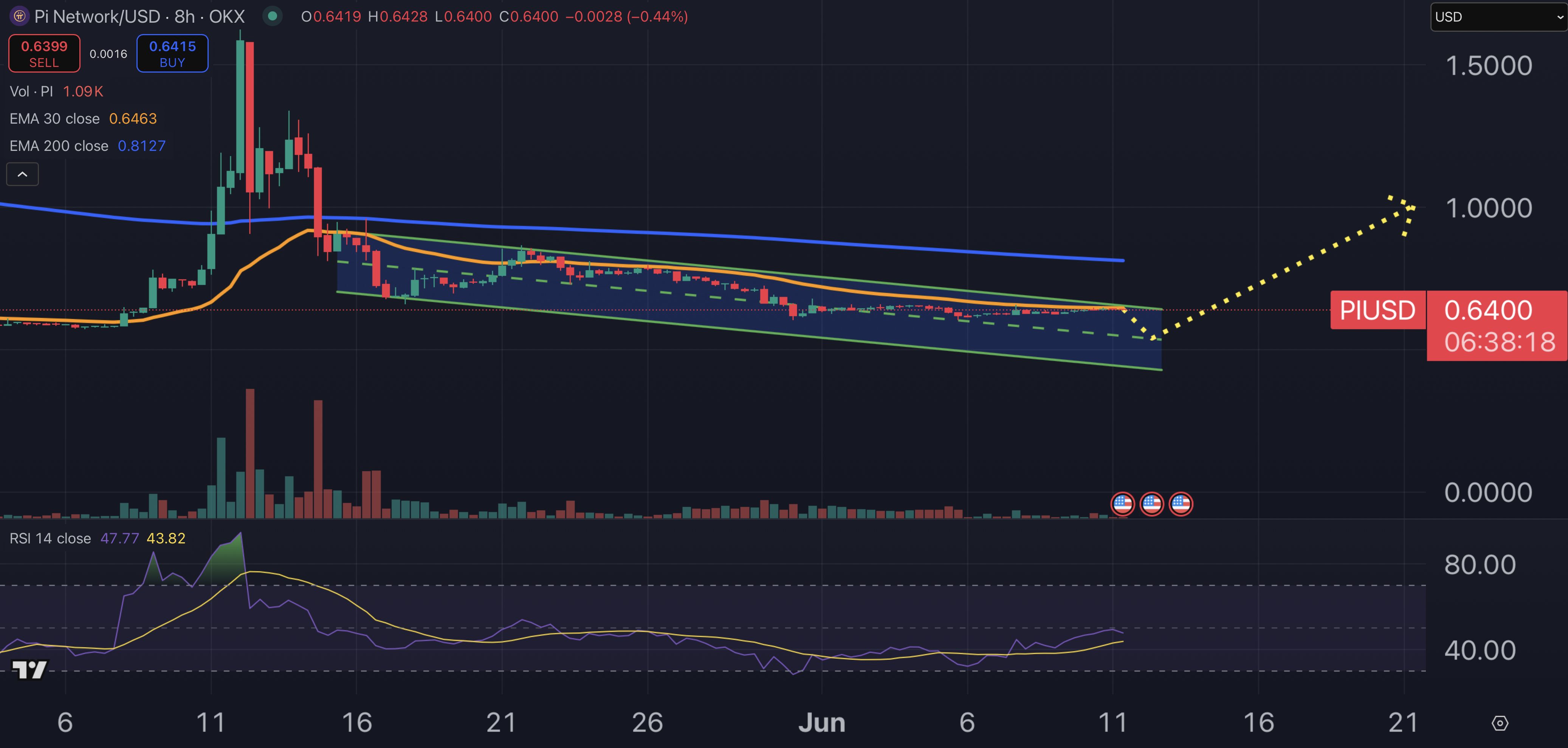Financial advisors and tax professionals with clients who are thinking about selling their longtime home can find big savings on the transaction — or pass those savings on to their heirs.
The Section 121 exclusion provides up to $250,000 for individuals and $500,000 for couples filing jointly in home-sale proceeds that won’t be subject to capital gains taxes — as long as they have owned the home and lived in it as their primary residence for two out of the last five years. However, if they decide instead to pass the property on to a beneficiary who then sells it, the recipient would get the benefit of a step-up in basis avoiding capital gains on the appreciation in value over the deceased homeowners’ lifetime.
As one of many incentives related to the purchase or sale of a home, excluding hundreds of thousands of dollars from capital gains is “really pretty helpful for people,” said Stanley Veliotis, an associate professor and the area chair of accounting and taxation at Fordham University’s Gabelli School of Business. On the other hand, the potential sellers (and their heirs) could pay no capital gains taxes at all on their appreciating asset if they hold on to the home until their deaths, Veliotis pointed out in an interview. That could serve the clients especially well if they’re likely to generate profits above $250,000 or $500,000 on a longtime home that they may have lived in for decades, he said.
“We get excited about that step-up in basis,” Veliotis said. “If it’s over that number, you’re better off waiting until you die. All else being equal, we like to hold on to appreciating assets until you die.”
READ MORE: Going corporate: Why letting pros handle estates can be best for clients
Just as in the case of other real estate-related tax strategies, each method carries precise rules and trade-offs for advisors to think through with their clients. Veliotis used the example of his mother, who paid $20,000 for her home in 1961 in Connecticut, where the resale value has expanded to the point that the potential gain would likely exceed the threshold. If she leaves the property to her descendants at death, their possible capital gains on a sale for tax purposes would begin at the current fair market value rather than at her purchase price. One of them may also decide to live in the property long enough to get the exclusion.
In cases like a stock that has fallen in value over time, the step-up would turn into a step-down to the present figure. In addition, the distinction carries no impact to the estate taxes on the inheritance, according to a guide by the nonprofit Tax Foundation.
“Some assets are held for generations and passed from their original owners to heirs. If these assets are never sold, they are never subject to capital gains taxes,” the organization said. “If the heir chooses to sell the asset, any tax would be assessed on the new basis, meaning only appreciation after the asset had been inherited would face capital gains tax.”
READ MORE: Gimme (tax) shelter: The unlimited annuity shielding ultrawealthy clients
For the exclusion of the sale proceeds, the seller must pass “the ownership test and the use test,” meaning that they have to “have owned and used your home as your main home for a period aggregating at least two years out of the five years prior to its date of sale,” according to guidance from the IRS.
The agency has released a comprehensive guide to the tax rules surrounding sales of a personal residence. In general, taxpayers won’t qualify for the exclusion if they have already received one from the sale of a different property in the previous two years. In addition, taxpayers could get an exception from the two tests for the exclusion based on moving to a nursing home or a change in employment, Veliotis noted.
Advisors and clients should carefully consider any scenario, he said.
“The setting is going to be applying to people who are thinking of selling,” Veliotis said. “If your gains are going to be over $250,000 but less than $500,000, if you’re going to sell you want to sell before one of the spouses dies.”











